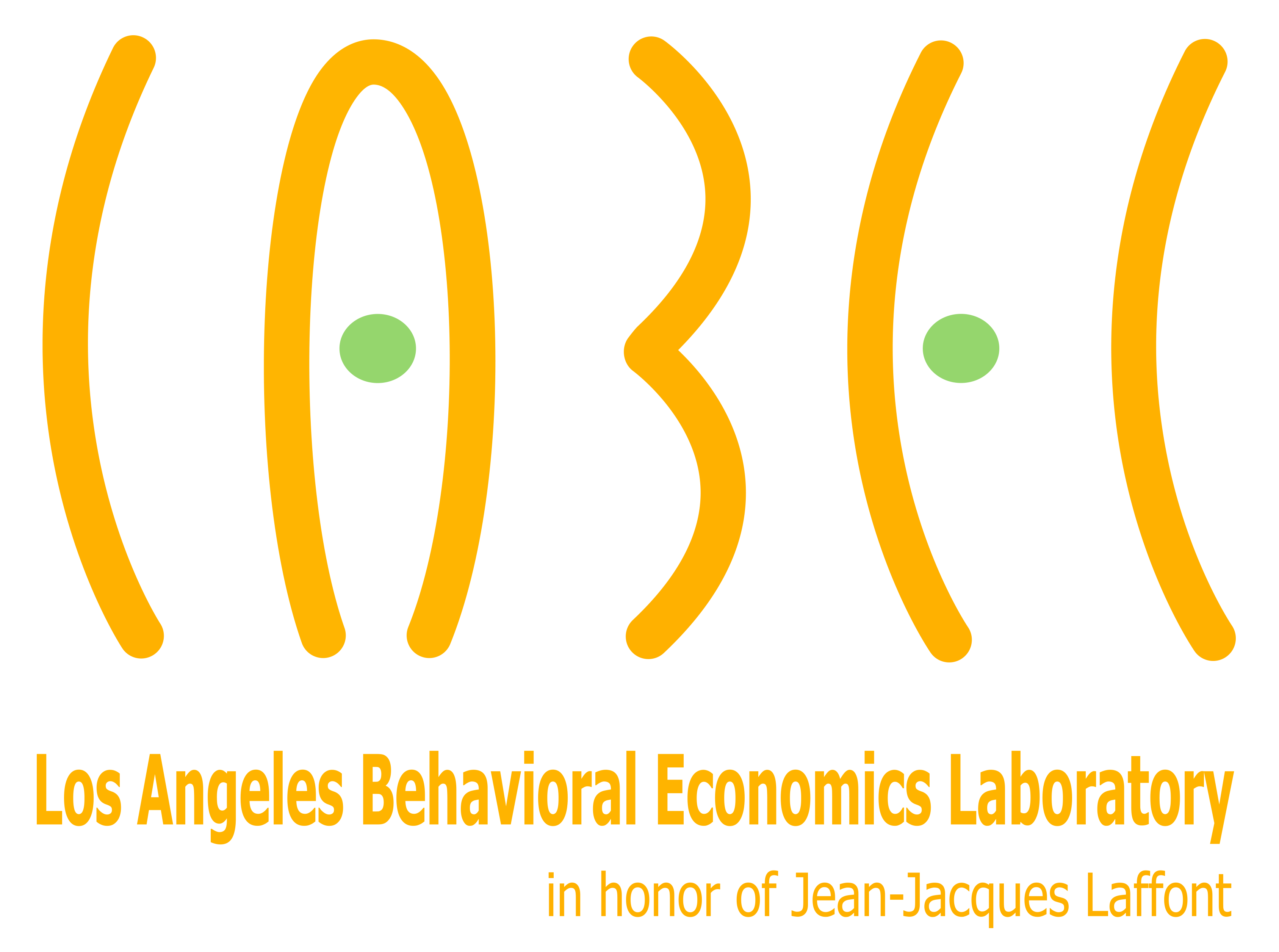
What is non choice data?
Economics relies traditionally on axioms of rationality to describe individual decisions and on Nash equilibrium theory to predict behavior in strategic settings. However, deviations from predictions abound in many settings. Several possible explanations have been proposed and behavioral models have been developed to capture observed behavior.
Unfortunately, it is not often possible to disentangle between these theories based on choice data (e.g. data about what subjects decide). By resorting to non-choice data (data indirectly related to what people decide, such as reaction times, physiological responses or attention), identification becomes more likely.
Attentional data
A subject who does not pay attention to other subjects’ welfare is not likely to care about others. In our research, we use mouse-tracking techniques to reveal which information is attended to. This method is an alternative to Mouselab and has been developed in collaboration with Colin Camerer from Caltech. The method is conceptually similar to eye tracking and allows to collect precise (but imperfect) information regarding occurrence (whether a piece of information is checked at all), duration (how long or how often is this information checked), and transitions (which information is searched after a given one). As such, the method provides a simple way to reveal the basic reasoning of the subject, which in turn, helps explain his motivations and choices.
Physiological data
We are also developing a systematic way to collect physiological data from several subjects involved in strategic interactions. The data collected inform us about the mental states that the subjects go through as feedback is given to them, and we can study how this affects their course of action.
Neuroimaging
In some of our research, we study the neural correlates of decision-making using imaging techniques. The data reveals the way the brain processes information to construct value estimates of economic choices. Neural variability help explain why choices are not always stable. Differences in neural correlates across populations suggest potential causes for differences in behavior.
Stress hormones
Many biological mechanisms are at play when we make decisions. Hormonal changes may result in altered behavior. In our research, we study the effect of stress on decision-making to link behavior to natural tendencies of feeling stress and to manipulations of stress.
